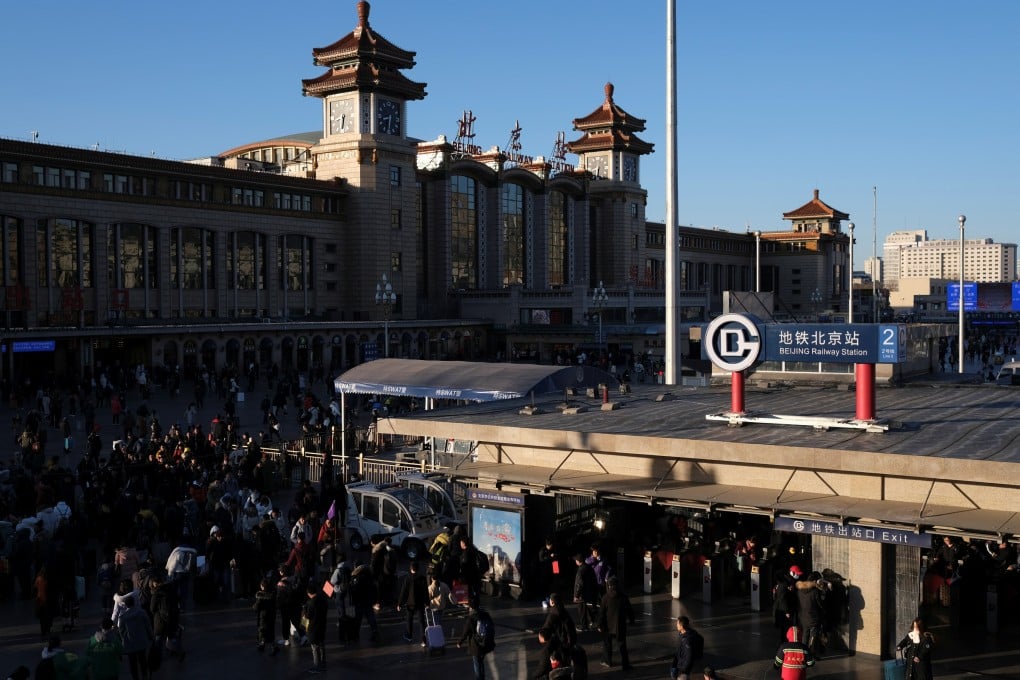China facing ‘negative’ economic impact from Wuhan coronavirus less than a week after signing US trade deal
- The coronavirus is threatening to test China’s already fragile economy less than a week after it signed the breakthrough trade deal with the United States
- The outbreak is believed to have spread to 20 other Chinese cities, with six deaths confirmed, while also spreading to Taiwan, South Korea, Japan and Thailand

Barely a week after China signed its trade deal with the United States, President Xi Jinping has been thrust into a new crisis that has the potential to disrupt an already fragile economy, with analysts suggesting the Wuhan coronavirus could be the first “black swan” event of 2020.
The virus, which started in the city of Wuhan but is believed to have spread to 20 other Chinese cities, is set to “bring negative impact” on economic growth, said Shao Yu, the chief economist at Orient Securities in Shanghai, although warning that it remains too early to count the long-term consequences.
A year ago, President Xi Jinping told officials to prepare for “grey rhino” risks as well as “black swan” or unexpected events. The trade war with US as well as the unrest in Hong Kong were often cited by scholars as the “black swans” events of 2019.
